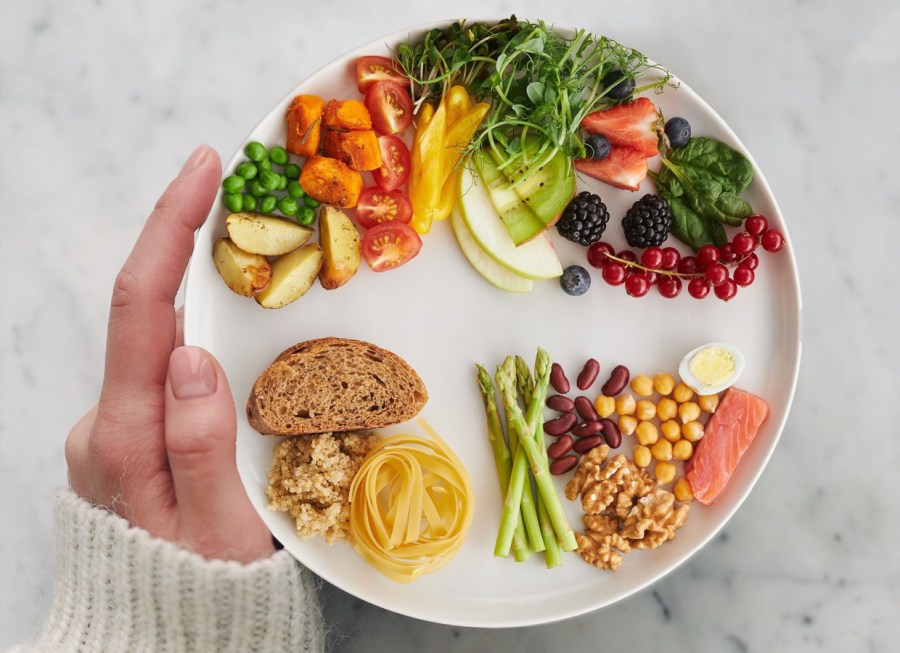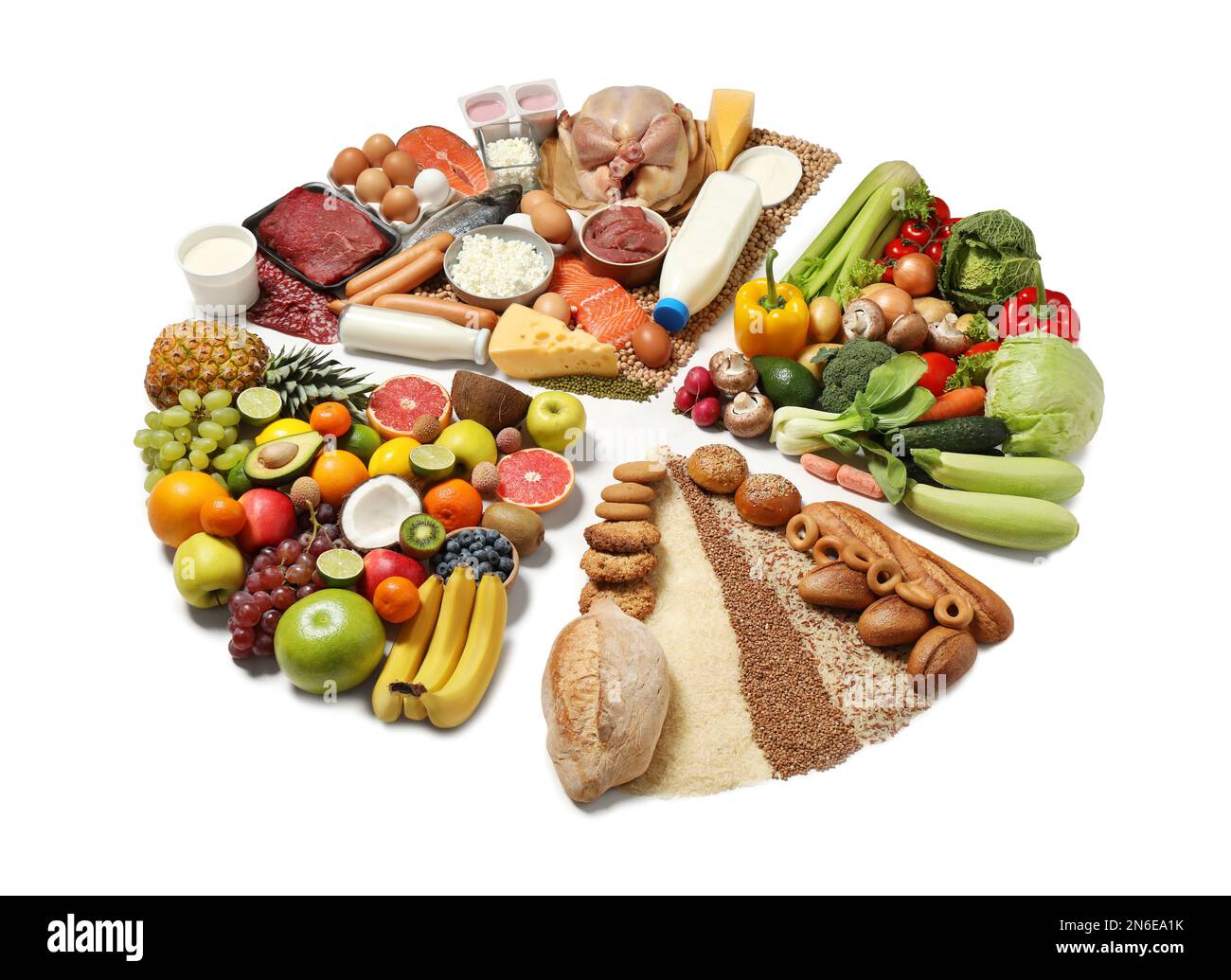
The Exotic Plate: Crafting a Balanced Diet for Small Exotic Pets
The allure of exotic pets has grown immensely, with a wide variety of small creatures – from chinchillas to sugar gliders – finding their way into loving homes. However, the unique nutritional needs of these animals are often misunderstood or overlooked. Unlike cats and dogs, small exotic pets have highly specialized dietary requirements, and providing a balanced diet is crucial for their health, longevity, and overall well-being.
Why a Balanced Diet Matters
A balanced diet is the foundation of a healthy life for any animal, and small exotic pets are no exception. The right balance of nutrients ensures:
-
Optimal Growth and Development: Young animals need specific nutrients to build strong bones, muscles, and organs.
-
Strong Immune System: Proper nutrition bolsters the immune system, making pets more resistant to infections and diseases.
-
Healthy Digestion: A well-balanced diet supports a healthy gut microbiome, preventing digestive issues like diarrhea, constipation, and bloat.
-
Energy and Vitality: Adequate nutrition provides the energy pets need for activity, play, and exploration.
-
Longevity: A balanced diet can significantly extend a pet’s lifespan by preventing chronic diseases and supporting overall health.
Understanding the Nutritional Needs of Common Small Exotic Pets
Each species has its own distinct dietary requirements, so it’s essential to research the specific needs of your pet. Here’s an overview of the dietary needs of some popular small exotic pets:
-
Rabbits: Rabbits are herbivores and require a diet high in fiber. Their diet should consist of:
- Hay (80-90%): Timothy hay, orchard grass, or oat hay should be the foundation of their diet. Hay provides essential fiber for digestion and helps wear down their teeth.
- Fresh Vegetables (10-15%): Leafy greens like romaine lettuce, kale, and parsley, along with other vegetables like carrots, bell peppers, and broccoli.
- Pellets (5%): High-quality rabbit pellets should be given in limited amounts.
- Treats: Small amounts of fruit (apple, banana) can be given as occasional treats.
-
Guinea Pigs: Like rabbits, guinea pigs are herbivores with high fiber requirements. They also need a daily source of vitamin C, as they cannot produce it themselves. Their diet should consist of:
- Hay (80-90%): Timothy hay is the best choice.
- Fresh Vegetables (10-15%): Leafy greens and other vegetables, with a focus on vitamin C-rich options like bell peppers, kale, and parsley.
- Pellets (5%): Guinea pig pellets should be formulated with added vitamin C.
- Vitamin C Supplement: A daily vitamin C supplement may be necessary to ensure adequate intake.
-
Chinchillas: Chinchillas are herbivores with sensitive digestive systems. Their diet should be:
- Hay (80-90%): Timothy hay is the best choice.
- Pellets (10-15%): High-quality chinchilla pellets should be given in limited amounts.
- Treats: Small amounts of dried rosehips, unsweetened shredded wheat, or herbs can be given as occasional treats. Avoid sugary treats.
-
Hamsters: Hamsters are omnivores, but their diet should be primarily plant-based.
- Pellets (70-80%): High-quality hamster pellets should be the main component of their diet.
- Fresh Vegetables (10-15%): Small amounts of leafy greens, carrots, broccoli, and other vegetables.
- Protein (5-10%): Small amounts of cooked chicken, hard-boiled egg, or mealworms can be offered as a protein source.
- Seeds and Nuts (limited): Seeds and nuts are high in fat and should be given in moderation.
-
Gerbils: Gerbils are also omnivores, with a diet similar to hamsters.
- Pellets (70-80%): High-quality gerbil pellets should be the main component of their diet.
- Fresh Vegetables (10-15%): Small amounts of leafy greens, carrots, broccoli, and other vegetables.
- Protein (5-10%): Small amounts of cooked chicken, hard-boiled egg, or mealworms can be offered as a protein source.
- Seeds and Nuts (limited): Seeds and nuts are high in fat and should be given in moderation.
-
Rats: Rats are omnivores and require a varied diet.
- Lab Blocks (70-80%): High-quality rat lab blocks should be the main component of their diet.
- Fresh Vegetables (10-15%): A variety of vegetables, including leafy greens, carrots, broccoli, and bell peppers.
- Protein (5-10%): Cooked chicken, hard-boiled egg, tofu, or yogurt can be offered as a protein source.
- Treats: Small amounts of fruit, whole-grain cereals, or pasta can be given as occasional treats.
-
Mice: Mice are omnivores with similar dietary needs to rats.
- Lab Blocks (70-80%): High-quality mouse lab blocks should be the main component of their diet.
- Fresh Vegetables (10-15%): A variety of vegetables, including leafy greens, carrots, broccoli, and bell peppers.
- Protein (5-10%): Cooked chicken, hard-boiled egg, tofu, or yogurt can be offered as a protein source.
- Treats: Small amounts of fruit, whole-grain cereals, or pasta can be given as occasional treats.
-
Sugar Gliders: Sugar gliders are omnivores with a complex diet. In the wild, they eat nectar, pollen, insects, and small animals. In captivity, it can be challenging to replicate their natural diet.
- Leadbeater’s Mixture or BML (Base Diet): These are commercially available or homemade diets that provide a base of protein, vitamins, and minerals.
- Fruits and Vegetables: A variety of fruits and vegetables should be offered daily.
- Insects: Crickets, mealworms, or waxworms can be offered as a protein source.
- Nectar: Small amounts of nectar or honey can be offered as a treat.
Tips for Creating a Balanced Diet
- Research: Thoroughly research the specific dietary needs of your pet. Consult with a veterinarian or an exotic pet specialist for guidance.
- Quality: Choose high-quality food products that are specifically formulated for your pet’s species.
- Variety: Offer a variety of fresh foods to ensure your pet receives a wide range of nutrients.
- Portion Control: Avoid overfeeding, as obesity can lead to health problems. Follow the recommended feeding guidelines for your pet’s species and size.
- Fresh Water: Always provide fresh, clean water.
- Monitor: Monitor your pet’s weight, appetite, and overall health. Consult with a veterinarian if you notice any changes.
- Avoid Toxic Foods: Many foods are toxic to small exotic pets. Avoid chocolate, onions, garlic, avocados, grapes, and raisins.
- Supplementation: Consult with a veterinarian before adding any supplements to your pet’s diet.
- Hygiene: Wash fresh produce thoroughly before feeding it to your pet.
- Storage: Store food properly to prevent spoilage.
Common Dietary Mistakes to Avoid
- Feeding a Seed-Based Diet: Seed-based diets are often high in fat and low in essential nutrients.
- Overfeeding Treats: Treats should be given in moderation.
- Feeding Human Food: Human food is often unhealthy and can be toxic to small exotic pets.
- Ignoring Dental Needs: Many small exotic pets have teeth that grow continuously. Providing appropriate chewing materials can help wear down their teeth and prevent dental problems.
- Lack of Vitamin C: Guinea pigs need a daily source of vitamin C.
- Not Providing Enough Fiber: Rabbits, guinea pigs, and chinchillas need a diet high in fiber to support healthy digestion.
Conclusion
Providing a balanced diet is essential for the health and well-being of small exotic pets. By understanding their unique nutritional needs and following the tips outlined in this article, you can help your pet live a long, healthy, and happy life. Remember, it’s always best to consult with a veterinarian or an exotic pet specialist for personalized advice on your pet’s dietary needs.

